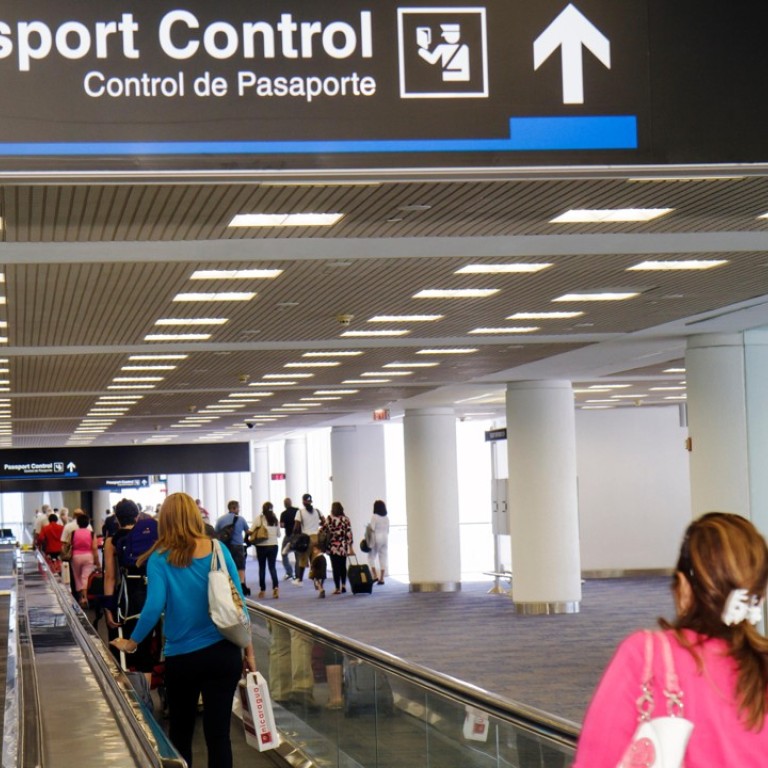
Customs and immigration: four tips for avoiding delays, fines or rejection
From making sure your hiking boots are clean, to having a yellow fever certificate handy or avoiding bringing food such as mooncakes into the US, we’ve got you covered on how to avoid hold-ups, fines or a swift flight home
Even the most seasoned travellers can be caught out at customs and immigration, and there is nothing more time consuming or embarrassing when it happens. Here are a few tips to ensure you don’t get caught out on your travels.

Dirty hiking boots
Some countries are big on biosecurity. If you’re planning to go hiking when you get to countries including Australia, New Zealand and (to a lesser extent) the United States, customs officials will look at your shoes very carefully, and can confiscate them.
Why your luggage takes a lot longer to get through Hong Kong airport than you do
They’re looking for soil and seeds stuck in the sole, which could transfer pests and diseases to farmland and forests. The answer is to know the rules, and to give your hiking boots a really good scrub before departure. Customs officials will often give them another clean, and possibly even disinfect them, but if you show that you have prepared the boots – and declare that you have them in your luggage (or on your feet) – you can avoid a fine.

A full passport
A passport stuffed with stamps from far-flung destinations can be a sign of good times had, but they arouse suspicion in the minds of immigration officials. For example, if you have travelled to any Islamic country, you are likely to be questioned about it when entering the US, so be prepared to recall the exact details of that week you spent in Indonesia or Bangladesh.

It’s even more of an issue in the Middle East, where several Islamic countries can deny you entry if your passport says that you have visited Israel. They include Lebanon and Iran – both common destinations for international travellers – though not Israel’s neighbours Egypt and Jordan. While border guards won’t always read your entire passport, if you’re a dual citizen, a safer option would be to get a second passport.

No Yellow fever certificate
You may not need this, but travellers passing through certain countries in Central and South America as well as Sub-Saharan Africa will attract the attention of customs officers. Popular safari destinations including Kenya, Uganda and Tanzania are on the international list of areas at risk of Yellow fever, a viral infection spread by the bite of an infected mosquito.
How four frequent travellers solved common travel gripes with innovative thinking and designs

The wrong foodstuffs
If you hate airline food, take your own. However, make sure you get rid of it before landing, because trying to import some foodstuffs – even accidentally – can mean delays and/or a big fine. Although pre-packaged food is usually OK, be sure to avoid having any dairy products, and especially fresh fruit, for which some countries issue an instant, often hefty fine if it’s not declared. For example, a melon disease outbreak recently made Australia particularly strict.
Seven ways to keep your phone, passport and luggage safe on your travels
Chinese travellers should be particularly careful when entering the USA; mooncakes are forbidden if they are filled with meat or eggs, and rice is also banned because it may contain insects.
There are often amnesty bins alongside immigration lines, but if in doubt, declare it – or, for a simpler solution: eat it.

